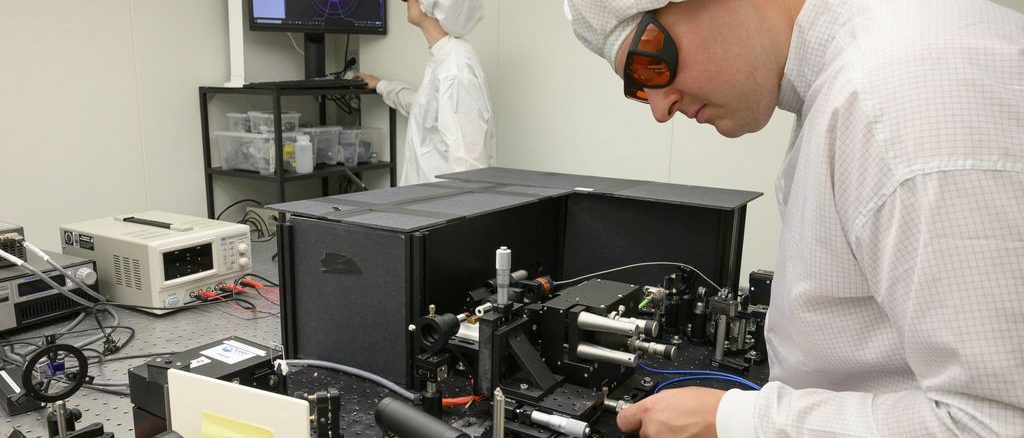
An Urgent Appeal to the European Commission
Quantum computers, while sounding fairly futuristic, are creeping their way to the present, compelling organizations to safeguard themselves against this emerging technology. A plea to the European Commission is being echoed by twenty Members of European Parliament (MEPs), conveyed through an open letter. They are voicing concerns that quantum computers have the capacity to bypass commonly deployed computer security measures. The AIVD, Netherlands’ intelligence service, shares similar anxieties. MEP Bart Groothuis, the lead initiator of the letter, insists that provisions need to be adopted immediately. Protective solutions are available, but implementation can be a time-consuming process. Risks include significant threats not only to sensitive government and corporate communications, but also to messages exchanged between citizens via platforms like WhatsApp. The security of these systems relies on cryptographic keys, which deter unauthorized individuals, ranging from nosy partners to international intelligence agencies and cybercriminals. Decoding the encrypted data is practically impossible for regular computers due to the sheer volume of potential mathematical combinations. Experts, however, fear that quantum computers, due to their fundamentally different mechanism of operation, could breach such encryption.
The Quantum Computing Threat: ‘Q-Day’
The point where quantum computers will be capable of this feat, anticipated as ‘Q-Day’, is speculated to be in the next ten to twenty years. The AIVD foresees an alarming surge for data in countries like China and the interception of data with the future intent of deciphering it once the technology advances sufficiently. Government institutions and companies dealing with sensitive data that ought to remain confidential by that time should take heed of this looming reality. Particularly, MEP Groothuis expresses deep concern over this prospective risk. He urges governments and critical businesses, including utilities and energy companies, to commence preparation immediately.
Understanding the Quantum Computer Framework
Ordinary computers work with bits, the well-known zeros and ones, while quantum computers operate on quantum bits known as ‘qubits’, which can simultaneously be a zero and a one. Hence, parallel computations are possible, increasing the memory of a quantum computer exponentially with each additional qubit. For instance, 40 qubits equate to over 130 gigabytes of typical computing power. While current quantum computing power, like Google’s 53-qubit computer, is limited, a quantum machine with several hundred qubits would tremendously surpass the capabilities of traditional computers. With this computational ability, quantum computers could solve complex problems in diverse fields, including artificial intelligence, materials science, and pharmaceutical development. However, quantum computers, due to their different operational structure, could possibly decode these mathematical encryption keys – a task requiring a minimum of 2,000 qubits. Nonetheless, qubits are prone to errors, and the anticipated 2,000 qubits remain a distant breakthrough.
Securing Confidential Communication
Quantum computers pose the highest threat level to asymmetric encryption, which offers confidential communication from website visits to interpersonal exchanges like WhatsApp. Notwithstanding, transitioning to algorithms resistant to quantum computers is not a straightforward task, requiring both the sender and receiver to adopt the same technology. Software manufacturers must therefore deploy new technologies that can withstand quantum computers, a move deemed possible starting this year. The AIVD is highly emphasizing the significance of resource availability and immediate action from suppliers, advising them to deliver quantum-safe products promptly and update current offerings.

Be the first to comment